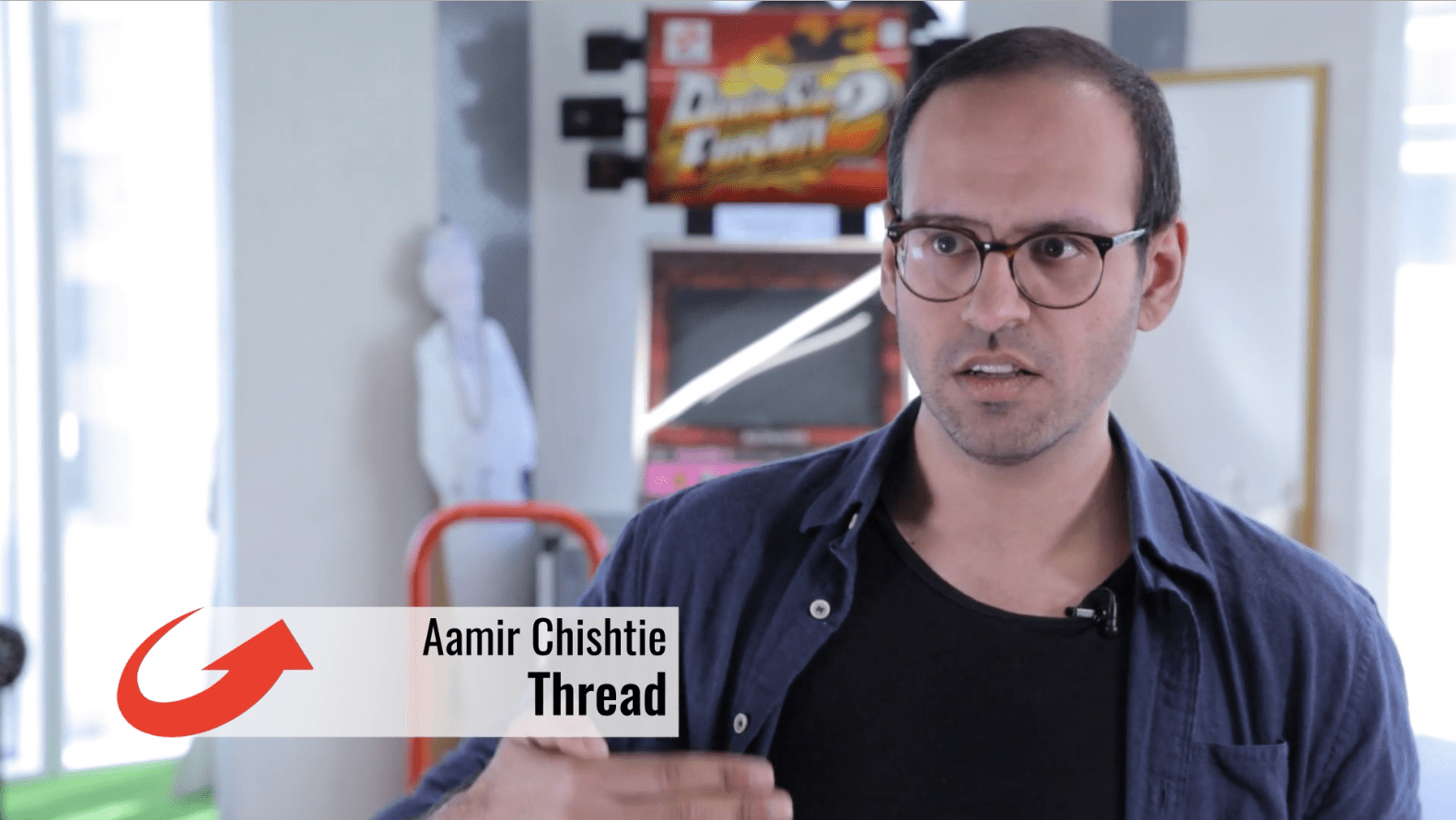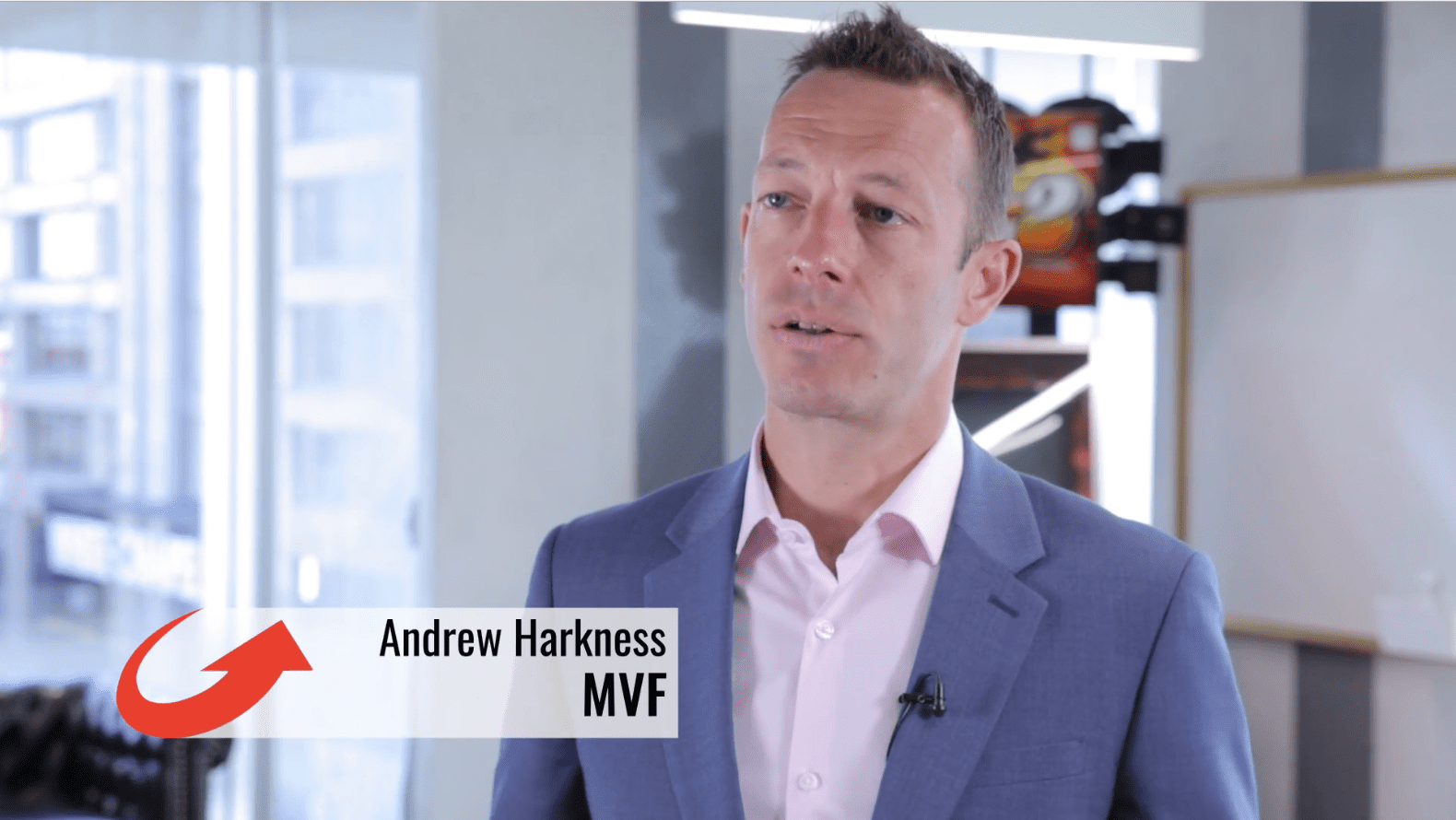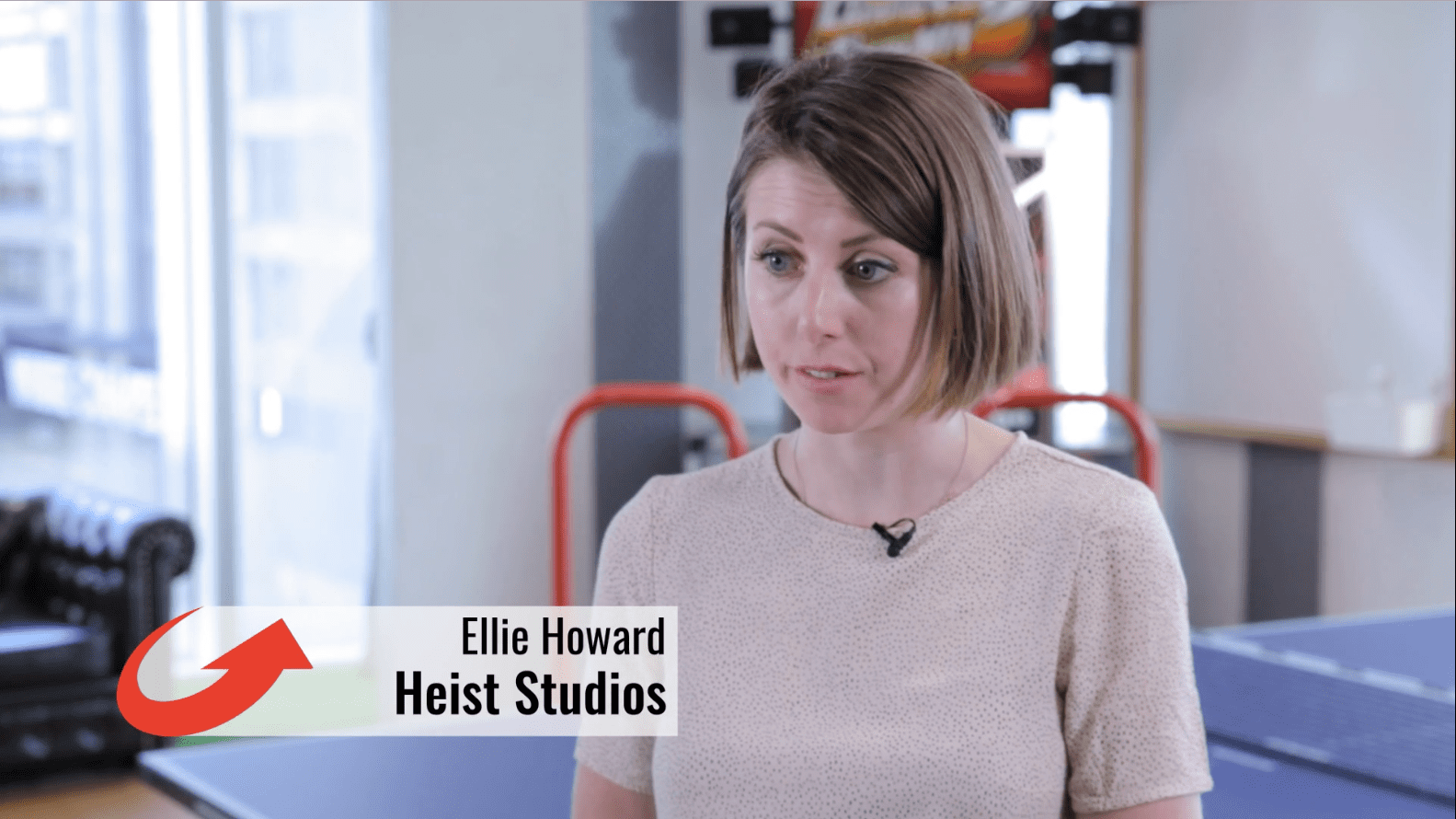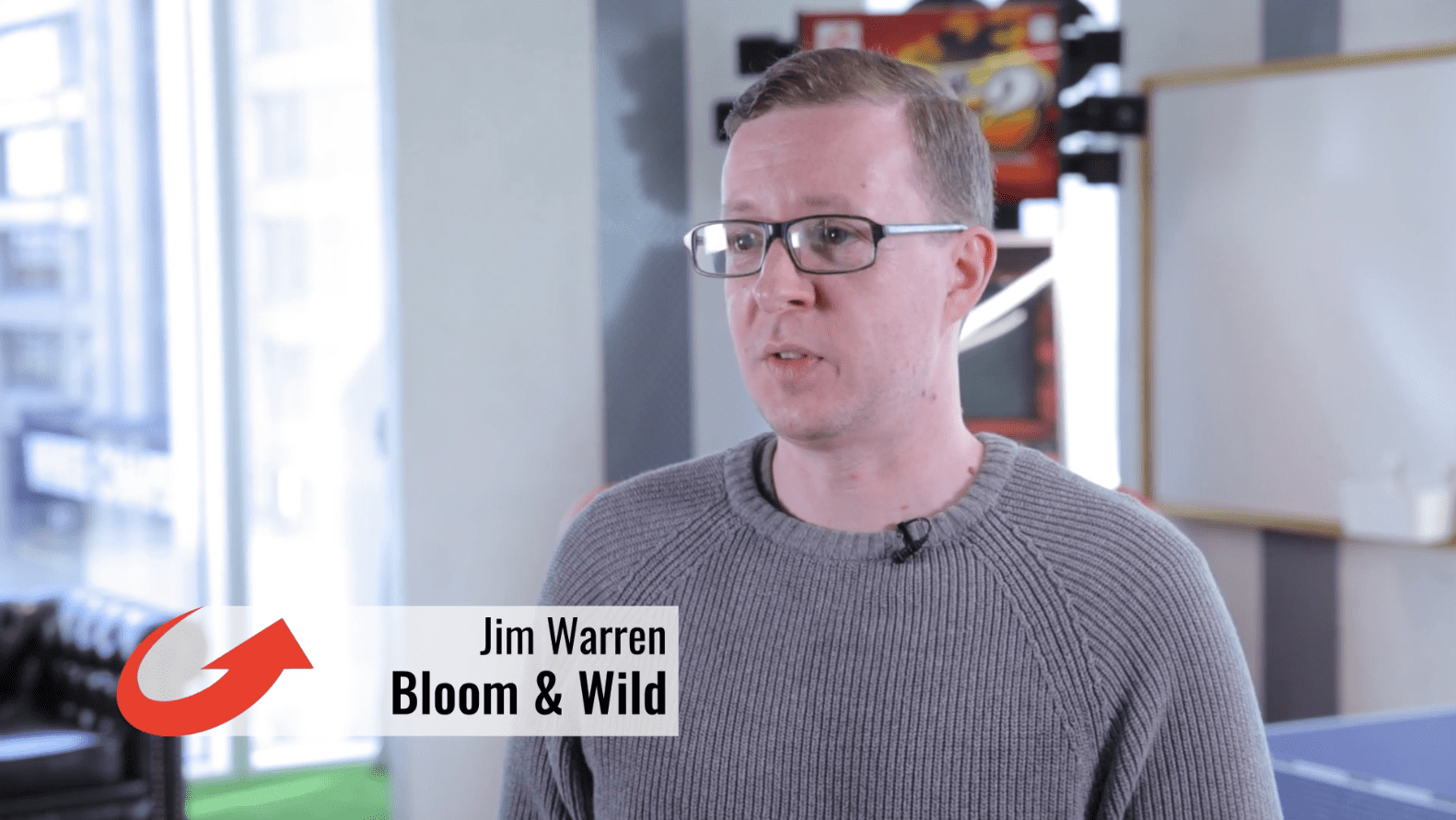It’s often said that “small business is the backbone of economy.” With some of the UK’s longest established companies struggling to understand exactly how consumers buy products digitally, small disruptive businesses have come to the forefront.
We saw this in the US a couple of years ago with companies like Dollar Shave Club bringing a new way of thinking to the men’s grooming space before their billion dollar Unilever acquisition, for example. In Europe, companies like Babbel and secret escapes are also seeing great success.
There’s one key differentiator behind their success—they come to us with two clear key performance indicators (KPIs):
The reality is that startup marketing activity has to be measurable and provide a strong return. Facebook has been the common platform of choice, but in today’s landscape, diversifying your channels is the key to success.
With this in mind, we recently hosted an event in our London office with Startups.co.uk, and spoke with several leading small and medium enterprise (SMEs) representatives about how they’re using content marketing to grow their businesses.
We hosted Jim Warren, Marketing Director at Bloom & Wild; Aamir Chishtie, Product Manager at Thread; Ellie Howard, VP Marketing at Heist Studios; Signa Sjønning, Head of Display and Paid Social at Secret Escapes; Andrew Harkness, Chief Operating Officer at MVF and Ian Wallis, Editorial Director at Startups.co.uk facilitated the event.
They’ve got some tips for marketers across the globe looking to capitalize on content marketing in order to hack their growth. Our top takeaways include tips on tracking content marketing campaigns, keeping your content on brand, and distributing content effectively.
Make sure every piece of content is tied to a performance KPI.
Across the board, these content marketing disruptors spoke about mapping their content campaigns back to performance metrics.

Aamir from Thread spoke about how he uses the combination of content and its distribution channels to track his performance:
“We actually use Taboola and other channels to drive users to perform specific actions. It’s [content marketing] a conversion focused channel instead of brand building or brand awareness or that sort of thing. The way we do this is by producing content that both informs and sells.” – Aamir Chishtie, Product Manager at Thread

When breaking it down to specifics, Andrew from MVF tracks both inputs and gross profit per campaign:
“The goals around our campaigns are always around gross profit, and the way in which we measure that is on a gross profit per campaign basis—but what we also look for is to try and understand what the inputs are that allow us to drive that exceptional performance.
Too often we find that people focus on the results of the campaign when actually if you focus on what’s most important, your inputs, that’s where you can find the best performance in terms of your campaigns and that’s what we like to measure.” – Andrew Harkness, Chief Operating Officer at MVF
Your goals mean nothing if you aren’t able to keep your messaging on brand—here’s how our experts achieve both.
Keep your content on brand.
Even if branding comes second to performance, it’s important to ensure that the content you’re producing reflects your company’s mission, tone, and brand well.

Ellie spoke about how she tweaks her content for different audiences and channels, but still works to ensure it all stays on brand:
“For us, our content marketing comes directly from our mission. What we want to do as a brand and what we want to say. Obviously this will be tweaked for different audiences and different places, but really we’re trying to stay true to what we’re about and what we’re trying to do, which is disrupt the underwear industry.” – Ellie Howard, VP Marketing at Heist Studios

Jim Warren, Marketing Director at Bloom & Wild added that he uses content to create a strong voice for his brand. He also added that strong photography and visuals were an important part of building his brand, and for creating engaging content.
Good content doesn’t matter without good distribution.
Finally, panelists discussed the importance of not only creating good content, but making sure it’s distributed in the right and relevant places.
“We have a bunch of traffic coming from native and this is something that’s grown. Hopefully it’s an indication of the strength of the brand and the fact that people want to consume our content, and we’re under continuous pressure to produce great content moving forward and that’s something we will invest in.” – Ellie, Heist
With Taboola, marketers are able to capture the attention of people that may have never heard of their brand before, and that are open to discovering new products.